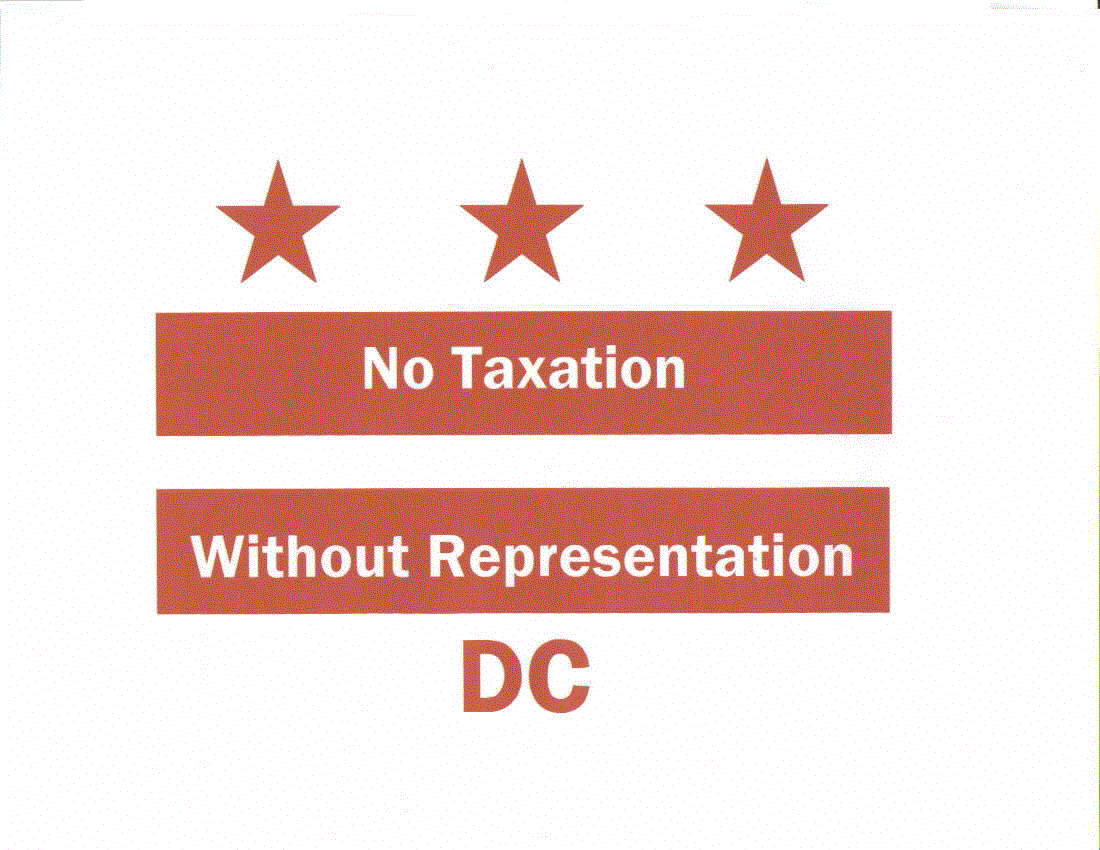
Those who are intrigued by class differences will not be surprised. The wealthier parents encourage all kinds of special activities, have interesting reading material around the house, encourage their kids to speak up on their own behalf, etc. He quotes sociologist Annette Lareau as follows, "Even in fourth grade, middle class children appeared to be acting on their own behalf to gain advantages. They make special requests of teachers and doctors to adjust procedures and accommodate their desires."
Again, although there is little that is surprising here, I was reminded how institutionalized the "special requests" have become when I visited my son's school to pick him up after an exam that ended at 11 AM. I came across a room full of kids still taking the exam at 11:30. He was not among them. I asked if the test had run over and the answer was "No, those are all the kids who get extra time for one reason or another." And then the teacher added, "For a couple of thousand dollars evidently anyone can have a child diagnosed with something that results is extra time." Yes, the teacher was describing yet another market the wealthy visit far more than the working class -- the market for the disability advantage. In the room were kids with real disabilities and then kids who parents bought them a ticket for more time. (If you are wondering, in the article discussed in the post below, it is noted that "extra time people" score significantly higher on the SAT than others.)
The second thing that struck me about Gladwell's description is how much the entitled children behave like life is a zero sum gain. They "act to gain an advantage." Nowhere in his description of the lives of wealthy children is there a word about teaching empathy or even that one's efforts to gain an advantage usually mean leaving someone else with less. I suppose that type of consciousness is actual a form of disability.
Finally, although it goes without saying, Gladwell has perhaps unknowingly described something about law faculties. There are, of course, very few people on law faculties without the sense of entitlement he describes. For the average entitled law professors asking or demanding special treatment causes no angst because whatever is wanted is deserved. For the handful law professors who do not feel so entitled, asking for anything special is a struggle and they are still, to their disadvantage, under the impression that special treatment is something that is earned.












 Then I got Mary pregnant
Then I got Mary pregnant





 I do not know but it looks like it. Elites are very good at figuring out ways to redistribute income from those less affluent to themselves. Think about it. Tenure involves a pre commitment in which (for public schools) taxpayers through their agents (faculty) say "No matter what you do over the next 20-50 years, I want to keep employing you." It's not exactly like the many Venezuelans who voted (on the losing side) to have a permanent President but it's the same type of idea. In both cases, people give up options about the future and it is only rational to do that if there is an eventual payoff.
I do not know but it looks like it. Elites are very good at figuring out ways to redistribute income from those less affluent to themselves. Think about it. Tenure involves a pre commitment in which (for public schools) taxpayers through their agents (faculty) say "No matter what you do over the next 20-50 years, I want to keep employing you." It's not exactly like the many Venezuelans who voted (on the losing side) to have a permanent President but it's the same type of idea. In both cases, people give up options about the future and it is only rational to do that if there is an eventual payoff.






